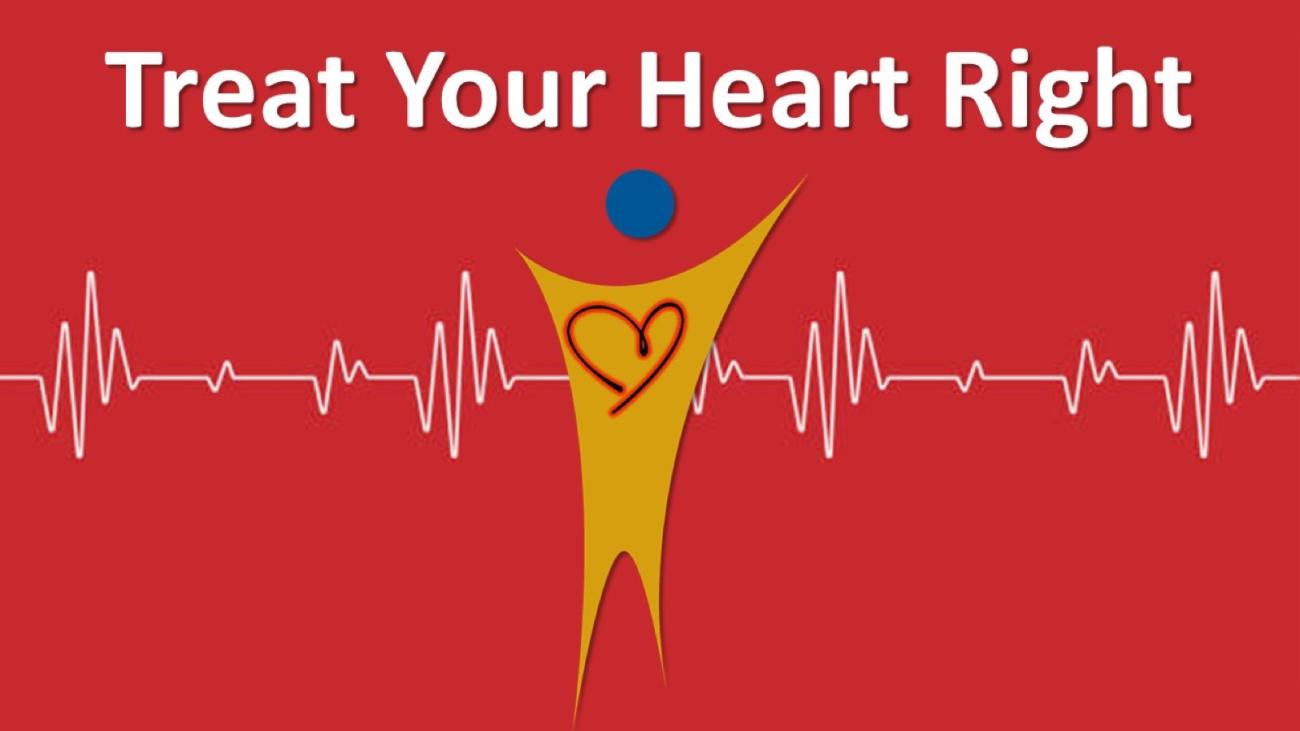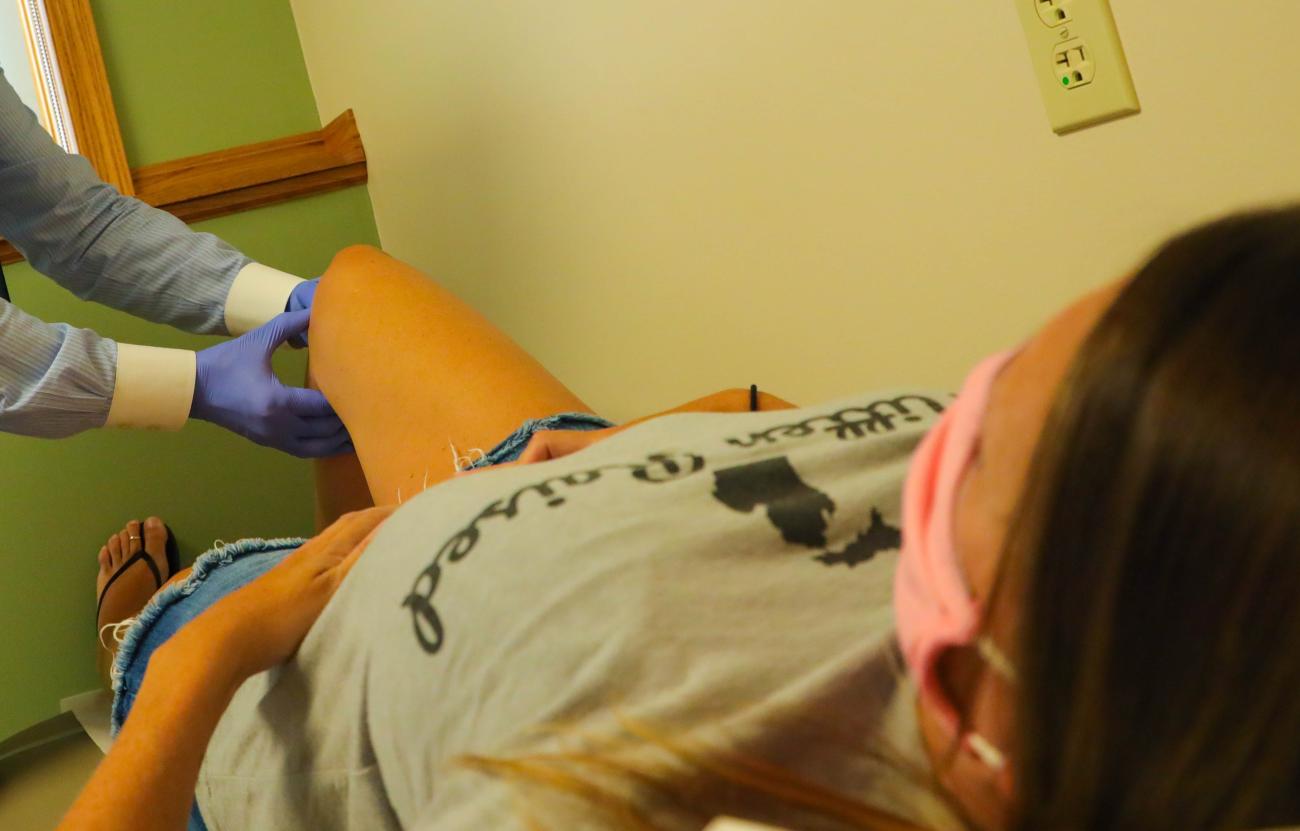
By Helen Johnson
February is well known as National Heart Health month across the country. It does seem fitting that a month already associated with hearts be tapped to bring attention to our hardest working muscle. Humans have over 650 muscles throughout their body ranging from muscles that adjust the positioning of your eyes to groups of muscles that control your tongue to the cardiac muscle – your heart. While all of our muscles have important functions, the heart is literally core to our existence.
The heart pumps out 2 ounces of blood with every heartbeat. That means that within a 24-hour day it pushes at least 2,500 gallons of blood through its structure. Now take into account duration and in a normal life span the heart will have beat approximately 3 billion times. What other pump would last this long and function this diligently? This mechanical engineering miracle works as part of our circulatory system of arteries, veins and capillaries. It collects blood from distant parts of the body, pumps it through the lungs to exchange carbon dioxide with oxygen and then forcefully pushes it back out into the body to bathe our tissue in life-giving oxygen. All of this function is carefully regulated by an electrical system, nervous system and endocrine system. The intelligent, intertwined design of just this one muscle leaves me in absolute awe of the human body.
What can we do to help aid this already complex array of functions?
One article I read had it all broken down as easy as the ABCS. On their website, Million Hearts state their focus is to “implement a small set of evidence-based priorities and targets that can improve cardiovascular health for all.” The A stands for aspirin, as in ask your healthcare provider if an aspirin is right for you to help decrease risk of stroke or heart attack. B pertains to blood pressure and, as we know, high blood pressure is a notorious precursor to heart attack and stroke. Cholesterol is the C in the group with our bodies having both “good” and “bad” forms of this fat in our blood. There are many ways for the 38% of Americans – me included – to lower our bad cholesterol. As always, ask your healthcare provider for safe, effective ways to address this heart health risk. The last of these letters in our ABCS acronym is S, for smoking. Many of us recognize the dangers of smoking on our lung health but it can also cause hypertension. Increased blood pressure can be damaging to the heart and blood vessels. Smoking cessation is tough and I would definitely suggest having a healthcare professional help you through the process.
Whatever you choose to focus on, remember that prioritizing your cardiovascular health is an important practice all year long.
So as Jackson Five sang, “ABC…easy as 1,2,3” we know that it may not actually be easy. But when you are ready to start any of these steps, Eaton County neighbors, Sparrow Eaton will be here for you.
Eaton Proud. Sparrow Strong. Mitten Made.
Helen Johnson, RN, MSN, NEA-BC, FACHE
Sparrow Eaton Hospital President




